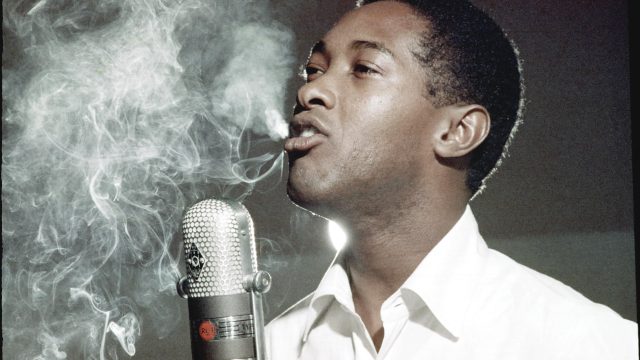No Lie, This Week Brings Fine Long Reads On:
- Sam
- Marty
- Wes
- David & Friends
- Millie & Her Contractor
- Tim!
Not just flattering, we’re grateful to scb0212, Drunk Napoleon, Jake Gittes and Miller for contributing this week. Send articles to ploughmanplods [at] gmail throughout the next week, post articles from the past week below for discussion, and Have a Happy Friday!
Zach Baron of GQ gets a lot out of Martin Scorsese on movies and mortality and his awe of the process (and most importantly, according to submitter Drunk Napoleon, provides “proof that I was right about everything I said“):
He is not a Luddite or a technophobe. He is as excited about Avatar: The Way of Water, about 3D and IMAX and formal and technological experimentation as anyone else. “I’m looking forward to new ways,” he said. “It’s just, I got as far as this. And that’s what I do. That’s it. And if I could just muster up the energy, God willing, to make a couple more, one more maybe, and that’s it, okay? That’s as far as I got. You keep going until you can’t. But what I mean is that you gotta rip it out of your skull and your guts. To find out what the hell you really…what do you really feel should be said at this point in life by you? You gotta say something with a movie. Otherwise, what’s the point of making it? You’ve got to be saying something.”
At Little White Lies, Sophie Monks Kaufman goes long on the emotional tides of Wes Anderson movies as experienced through her neurodivergence:
There is a dialectical breadth to Anderson’s cinema in which things do indeed look perfect, but it isn’t the vacant sheen of a car commercial or the misleading glamour of an anorexic model, it is more like the polished glass cases within an exhibition curated to let a cornucopia of curios shine. There is a satisfying conflict that I experience watching films which combine the hopelessly aspirational (aesthetics and wit) with raw profundity (insoluble emotional problems). There is no simple or straightforward way to parse his work, just as there is no simple or straightforward way for an ND person to move through the world.
The Ringer provides an oral history of Stop Making Sense as the film gets re-released to IMAX after the discovery of its original negative:
Lutz: The beauty of Stop Making Sense is that it’s a real celebration. And I don’t know if other rock ’n’ roll films are the same or have that same, frankly, joy to them.
McLeod: There is a process to creation, to thought, and to music. You start scratching things out on paper, picking them out on a guitar or piano, and the film shows the process.
Byrne: And part of that process is this idea of losing yourself, losing your identity as a lone individual. It’s also your sense of “No, I belong to a larger group.”
Even though it’s not a stellar book, it was already destined to be a bestseller before it was published, and one can only imagine the handsome advance Brown must’ve been paid for that book and the royalties she’ll enjoy. Yet, authors who have written far superior work than hers struggle to pay bills because they don’t have a big celebrity name to put on their books. Some authors will work their entire lives and never get published or never make a decent wage. Yet, Brown could slap her name on a poorly ghostwritten book and become a bestselling author.
And finally, Marc Hogan does a deep dive on arguably the greatest live album ever, Sam Cooke’s “One Night Stand: Live At The Harlem Square Club,” at Pitchfork:
One Night Stand! crests—as does, arguably, Cooke’s entire career pre-“A Change Is Gonna Come”—with an incredible rendition of “Bring It On Home to Me,” then a recent non-album single and Cooke’s most gospel-charged solo side to date. “This song gon’ tell you how I feel,” Cooke begins, and he doesn’t let the audience down; if you listen closely, you’ll hear a thumping sound that can only be Cooke pounding his chest. The band is raucous, Cooke exudes joy, and the crowd sings along like it’ll keep the lights from going on, Cooke from leaving, them from having to go home to 1963 reality. Cooke recognizes it, too: ‘Everybody’s with me tonight!’
Keith Harris at the Racket tries to put the reissue of the Replacements’ “Tim” in perspective:
Yes, we project so much of our own baggage on the Replacements, and that includes our feelings of and about regret. No one makes it to 40 without a litany of what we have done and what we have failed to do haunting us. And the Replacements are our Ghost of Modern Rock Past, a reminder of missteps as ephemeral as a kiss left unkissed and as quotidian as that ill-timed second mortgage. It’s almost enough to imagine the Stasium mix of Tim duking it out with Bryan Adams or Dire Straits for the top of the Billboard charts, without realizing what a sad victory that would have been.

